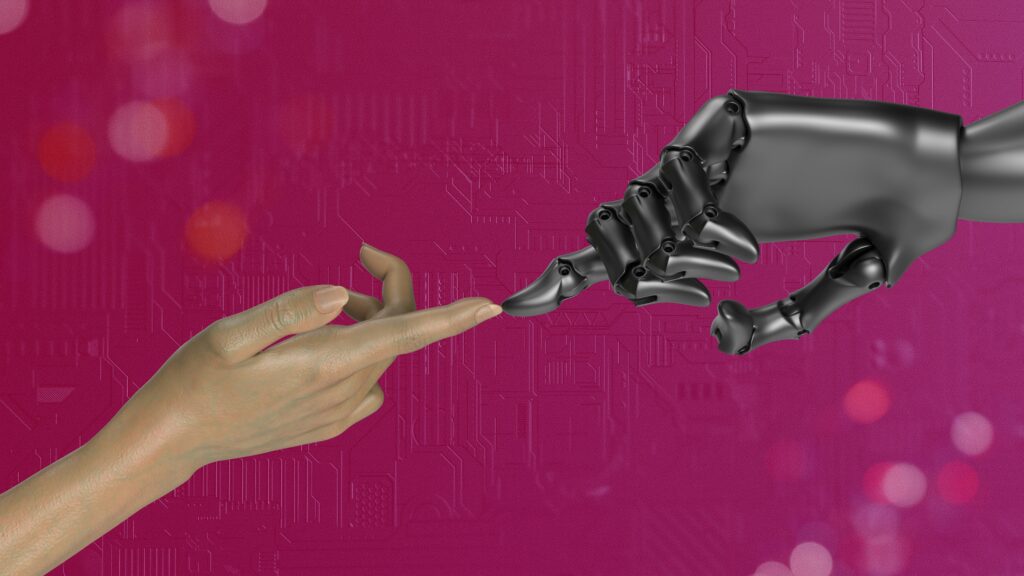Imagine a world where your morning coffee is delivered by a robot barista, your groceries are picked and packed by autonomous drones, and your favorite restaurant has no waitstaff – just touchscreen kiosks for ordering. This isn’t a scene from a sci-fi movie; it’s the reality of the rapidly evolving landscape of automation in business.
According to a recent study by McKinsey & Company, over 50% of work activities in today’s economy are automatable with current technology. This has led to fears of job displacement, but proponents argue that automation can actually create new job opportunities and increase efficiency in industries ranging from manufacturing to healthcare.
One such innovation is the rise of blockchain technology in supply chain management. By creating secure and transparent digital ledgers, blockchain allows businesses to track and verify the origin of products, leading to greater trust and accountability throughout the supply chain. As Amazon VP Raj Choudhary explains, “Blockchain has the potential to revolutionize how businesses operate, offering increased security, efficiency, and cost savings.”
As we navigate this brave new world of automation and technological advancements, it’s important to understand the implications for workers and society as a whole. By embracing innovation while also ensuring inclusivity and job training programs, we can harness the power of technology to create a brighter future for all.



